The Biggest Loserwas once a reality television juggernaut.
Then, in 2016, the National Institutes of Health released astudythat scientifically corroborated what was already happening.
Since then, the show has beenoff the air.
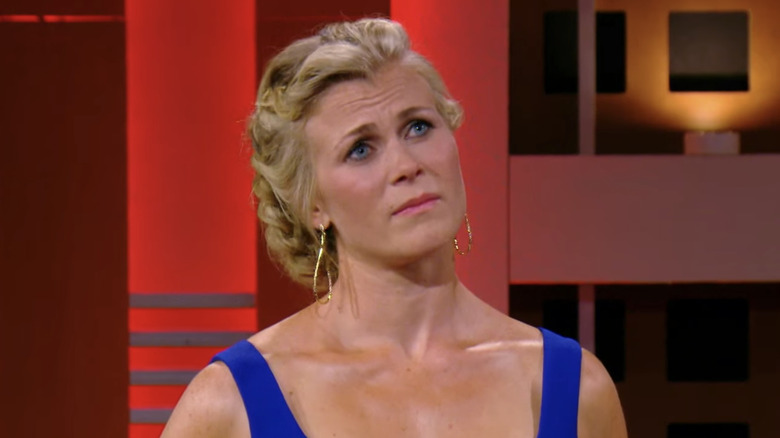
So, what was it that the study found?
Read on to learn whyThe Biggest Loser’swinnersregained their weight.
First, how did the stars lose it?
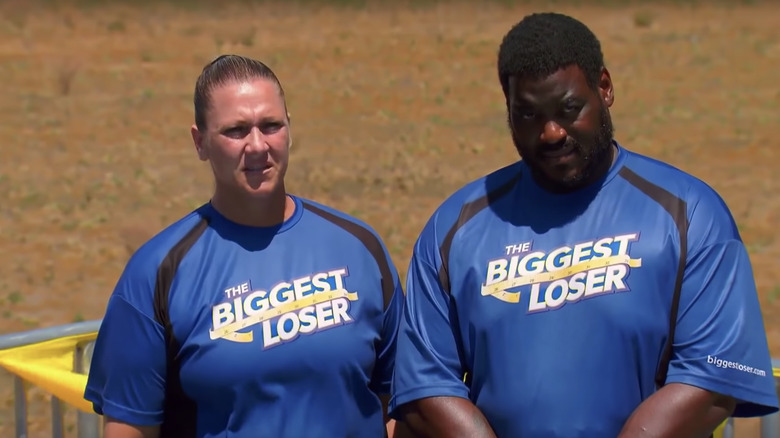
That’s because the weight loss routine that contestants adhered to was seriously intense.
“There was no easing into it,” she revealed in an interview with theNew York Post.
“My feet were bleeding through my shoes for the first three weeks.”

“I thought I was going to die,” she confessed.
“I couldn’t take any more.”
That all sounds… exhausting.

But after the show finished, contestants returned to their normal lives and their families.
“That was one of the things that propelled me to the finish line,” he continued.
“I thought, when I’m done I’m going to get this.

It was a reward.”
He has since regained all of his weight.
That is, unless you don’t sleep, and that doesn’t exactly sound healthy either.

He started his day with 45 minutes on the treadmill, followed by another 45 minutes after breakfast.
After lunch and another brief rest, he would drive to the gym for a second workout.
Sometimes he would go back for a third workout after dinner, and run at night if need be.

That’s a full-time job!
But the diets that contestants onThe Biggest Loserfollowed cut backfar morecalories than most standard diets.
Consider, for example, the diet that Cahill followed after he cinched the Season 8 victory crown.
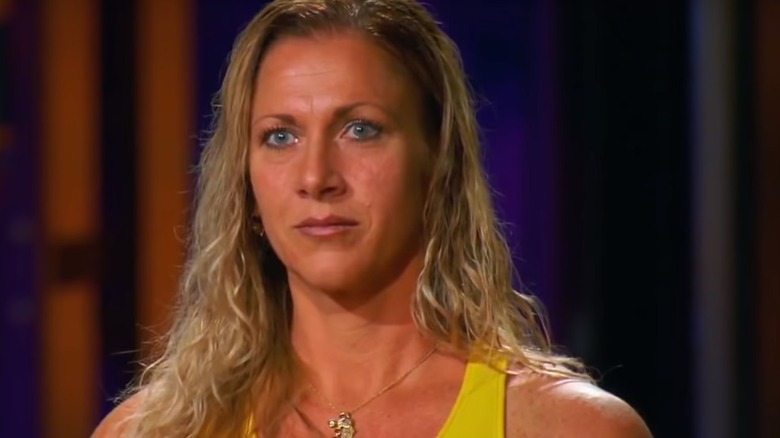
Dinner would likely be something similar, following the low-carb, low-fat, high-protein model of breakfast and lunch.
Remember, he was exercising all day, too, so he had to be starving!
In other words, they had to eatsignificantlyless than they didbeforethe show for maintain a healthy weight.

Talk about a raw deal!
“The moment I started drinking beer, there goes another 20 pounds.
I said, ‘This is not right.
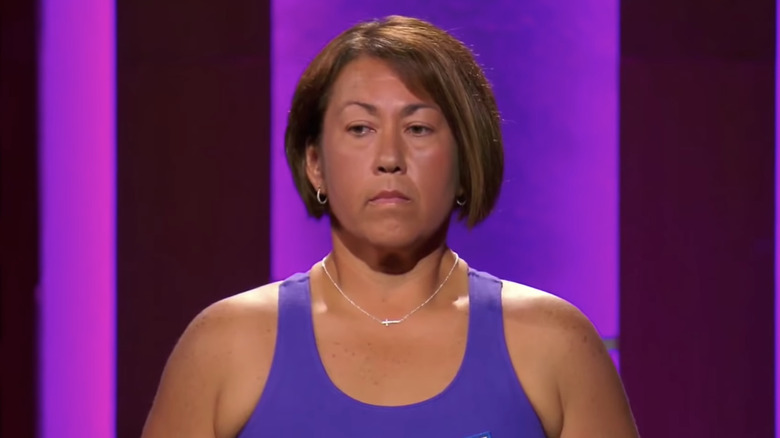
Something is wrong with my body.'”
Can you imagine how frustrating that must have been, especially after all of that hard work?
Leptin levels?

It’s starting to sound like the contestants’ bodies are working against them, isn’t it?
Specifically, theleptinlevels of the participants hadliterally"plummeted," according toHarvard University.
Sounds pretty important, right?

When those leptin levels plummet, however, it triggers feelings of hunger.
So now not only were they always starving, but their metabolism was significantly slower on top of that.
That’s just downright cruel.
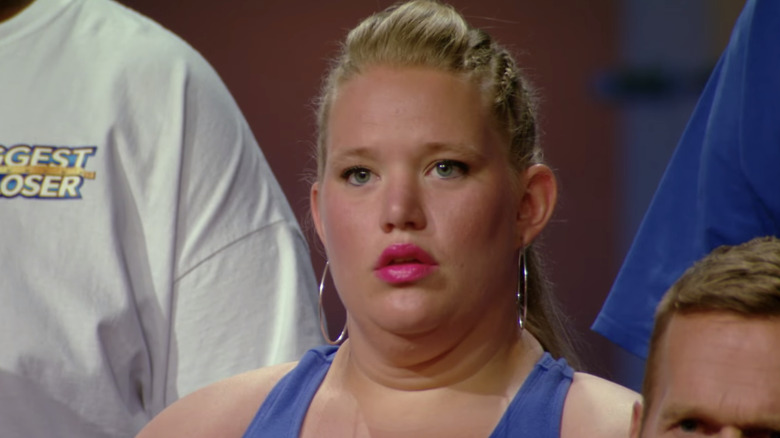
So whenThe Biggest Loserconcluded after each season, they expected the participants to deal with the same thing.
That makes sense, both logically and scientifically.
In fact, they weredownright shockedat the results.

“It is frightening and amazing,” Dr. Kevin Hall told the newspaper.
“I am just blown away.”
Can you imagine what an uphill battle that has to be?

On top of that, Kai Hibbard recalled seeing some of her fellow contestants get injured while working out.
“One contestant had a torn calf muscle and bursitis in her knees,” she told the paper.
“The doctor told her, ‘you should probably rest.’
She said, ‘Production told me I can’t rest.’
Um, that sounds like straight-up insanity.
Another cast member said that many of the contestants have permanent knee injuries.
Were the contestants drugged?
“I felt jittery and hyper,” she recalled in the article.
“I went and told the sports medicine guy.
Additionally, Suzanne Mendonca from Season 2 spoke of other alleged horrors.
“I vomited every single day.”
Huizenga is in court with theNew York Post, according toThe Hollywood Reporter, pursuing a defamation suit.
It’s something that everyone will experience, no matter how much we may not like the prospect.
But even with those cuts, it’s still harder to lose weight as we age, according toU.S.
News & World Report.
So that’s just one more thing that contestants fromThe Biggest Loserwill have to contend with, too.
Boy it would be nice if they could catch a break!
Equally important is the perspective that people have about obesity itself.
“The take-home point here is that obesity really is a disease,” she explained.
“It’s not something that you could treat once and will cure it.
It’s something that has to be continually addressed in one’s life.”